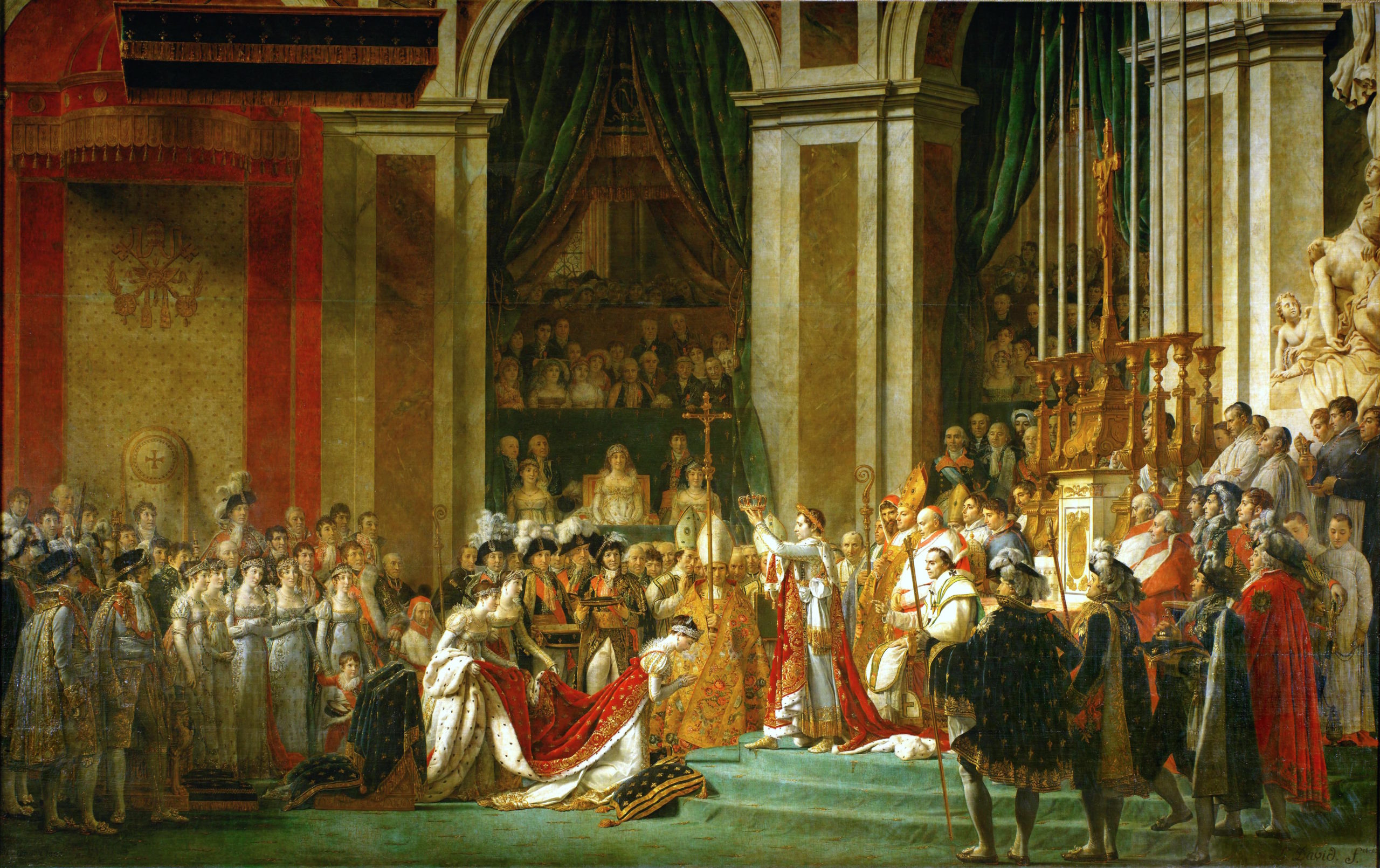A few days ago, I went to see Napoleon, Ridley Scott’s so-called masterpiece. I had already heard that the film was nothing to write home about: that the timeline was too condensed, the characters were too underdeveloped, and the plot was too inaccurate.
I approach these things with an open mind. For example, Braveheart is not based on the actual life of William Wallace but rather on a chronicle of William Wallace by Blind Harry, to which it adheres much closer. I gave Napoleon a chance.
That was a mistake. To my surprise, after the young Napoleon Bonaparte (Joaquin Phoenix) secured his first defining victory, at the siege of Toulon, in 1793, Scott took us directly to the French campaign in Egypt in 1798–99. What?
The film also features French cannons firing at the Pyramids even though the actual battle was roughly eight miles away. The audience is given no idea as to why this large French army would follow Napoleon into Egypt in the first place because the move completely ignores his Italian campaign between Toulon and Egypt — no Lodi, Arcole, or Marengo. Napoleon’s early military successes, as he developed a reputation as a charismatic, effective leader, are completely ignored. At virtually no point in the movie is the audience made aware of Napoleon’s genuine ability to inspire his troops to persevere through pain, suffering, and any other travail they may face on their arduous campaigns.
By the time the movie dragged us through several gratuitous sex scenes involving Napoleon and the Empress Josephine (Vanessa Kirby), we have come to the pivotal Battle of Austerlitz in 1805.
What a disappointment. By this time, my popcorn was empty, the ice in my drink had melted, and my tolerance was running thin. I was thinking, They can’t mess this up. Austerlitz was Napoleon’s greatest victory: He abandoned the high ground and drew the Austro-Russian army into a trap by enticingly dangling Claude Juste Alexandre Legrand’s contingent in front of them like a prime piece of meat before revealing it to be a grand deception and crushing them.
In Scott’s depiction, the whole battle was over in five minutes and involved a single flanking movement, the retreat of the allied army across the frozen ice, and Bonaparte firing artillery into the ice to send hundreds of soldiers into watery graves. The scene with the ice is actually based on real events, but why on earth was the career-crowning tactical brilliance of Napoleon at Austerlitz otherwise ignored?
I know these criticisms can come across as the ramblings of a history nerd excessively concerned with microscopic historical accuracy. I could get past a lot of these errors. I could even tolerate the miniaturizing of the Battle of Austerlitz. I could forgive it all if they at least made Napoleon a compelling character.
Instead, Scott made the Emperor of the French who conquered Europe and left an incomparable legacy a whiny, obtuse, petulant child. He never demonstrated any character growth: He started out moody and whiny, and he ended up moody and whiny. There are hardly any scenes with his marshals or lieutenants to depict his growth or learning as a commander or man. All we get is a contrived love story between him and Josephine that is shown to be more reciprocal than it probably was in reality.
If the studio and producers wanted to make a romantic movie set in the Napoleonic era with more sex than battles, they easily could have. They did not need to present Napoleon as a historical masterpiece about Napoleon and his career. It wasn’t. It was a bad movie.
